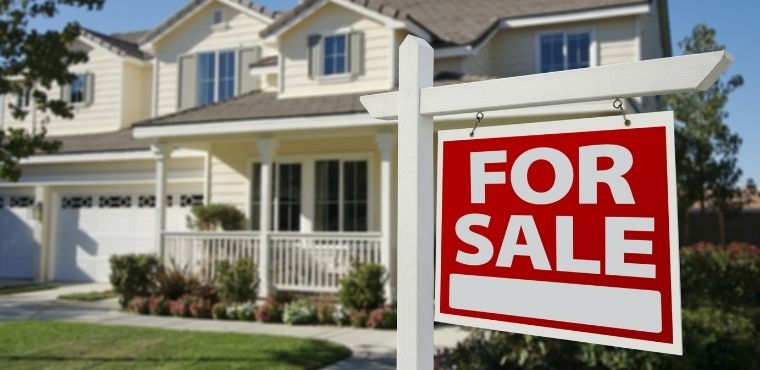Selling a home is no easy move. Whether you’re using a realtor or doing it alone, there are many things to realize. For starters, you can’t expect to see money flow in overnight. You first need to appraise your home so that you know its worth. Then, consider these top factors that affect home value when selling. Even if your home has a lower market value than expected, these considerations may help raise it to the value you want.
Location
Location is one of the most important decisions homebuyers consider when looking for a property. Therefore, it’s an essential factor to consider when it’s time to sell your home. Location means many things for different people. For some, it means being within the borders of the right school. Other people want to be closer to their work. Some people feel location is pivotal because they want to be near top-quality restaurants, stores, and markets. Of course, farming and ranching require ideal land right around the house itself. Ultimately, the quality of schools, employment opportunities, and proximity to shopping and entertainment can affect people’s decisions. So highlight your property’s strengths.
Size and Yardage
Size and yardage also play important roles. Bigger does not always mean better, but it certainly helps in real estate. People pay more for square footage than home sellers realize. Having more usable space in the home is a plus for many buyers. They want areas like garages, attics, finished basements, and guest rooms that not all homes possess. Houses with more bedrooms and bathrooms sell for higher prices than those with fewer. Also, great yardage easily increases market prices. Many homeowners value a big yard, so don’t neglect this as a potential selling point.
Age and Condition
Newer homes tend to have higher values than older ones. Hence, age and condition are some of the top factors that affect home value when selling. Many people believe an older home requires more maintenance. Plumbing, electricity, roofing, and appliances may need more repair and upkeep in older homes than newer ones. Still, that’s not to say older homes will never sell. In fact, there’s an aesthetic distinction between older and newer homes that many people seek. The rustic charm in older homes is harder to find now. So even if they require more repair, older homes may sell just as easily as newer ones in certain circumstances.
Upgrades and Renovations
Finally, consider upgrades and updates. Keep in mind, not every renovation will increase property value. Some projects, such as outdoor pools or finished basements, may cost more than their final worth. Other renovations consistently improve market values. Kitchen and bathroom remodeling projects are some of the most popular home upgrades that lead to substantial value increases for any home. Do your research before conducting any major home project to see if it’s worth the time and cost.






